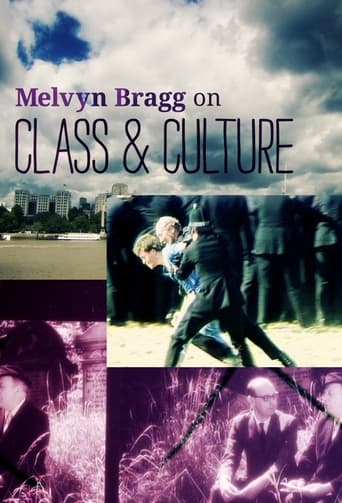Melvyn looks at the last 30 years of culture in the UK, and examines whether class is still relevant to what culture we create and consume. The 80s brought the all-embracing force of Thatcherism - from the new, aspirational house buyers, to the disenfranchised industrial working class and the cataclysmic miners' strike. Melvyn Bragg talks to the cultural voices of this radical decade - dramatist Alan Bleasdale; Billy Elliot writer Lee Hall ('...art was for posh people...'); writer Sue Townsend; genre-breaking band The Specials; and Chris Donald, the creator of Viz magazine ('...a comic created by a lower middle class Geordie became an organ of the metropolitan middle class...'). These people broke through to become key voices not simply of their class but of the whole, changing, cultural landscape. Melvyn travels to Leith, where he meets Irvine Welsh, a brilliant and mischievous literary voice of both the 90s rave generation and Scotland's disenfranchised working class. In the 90s, our leaders claimed we were all middle class, and culturally there has been a reaching out to the nation with free museums and galleries, fuelled by the National Lottery. But is this open, accessible culture simply masking newer divisions - a super-rich class of bankers and celebrities at one end and a poor underclass at the other, demonized by 'chav' culture? We may be more culturally democratic and varied than ever, but is wealth now creating a new, more extreme class system?
